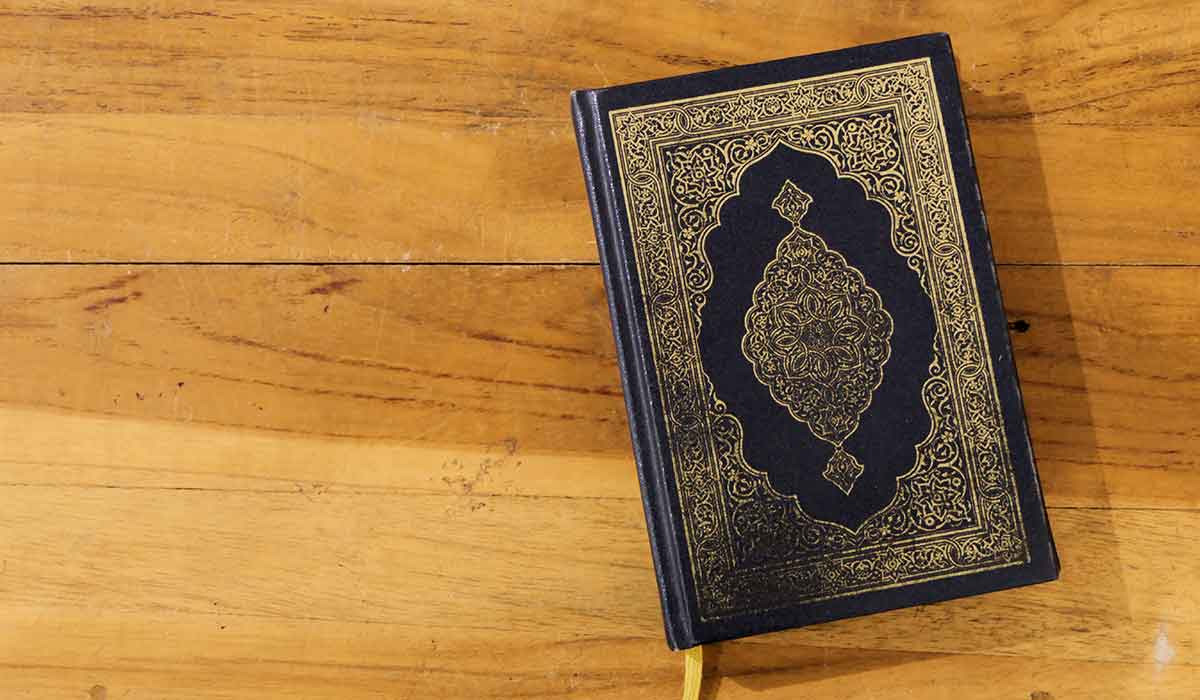What is Khuluk?
The term Khuluk comes from Arabic, meaning literally to release, allow to leave, exonerate or set free. Khuluk, in the context of Muslim matrimonial law, refers to divorce by redemption, which is known in Malay as ‘tebus talak’.
Under Muslim law, a wife can ask to be released or set free from the marital bonds that she has with her husband. If her husband does not consent to pronouncing the divorce himself (known as talak), then the marriage can be dissolved by way of khuluk – in other words, by the husband pronouncing talak, upon a payment being made to the husband by the wife. In Singapore, it is section 47 of the Administration of Muslim Law Act (Cap. 3, known as AMLA) which expressly provides for divorce by way of khuluk, or divorce by redemption or tebus talak.
The consent of both the husband and wife is needed for the dissolution of a marriage by khuluk to take place. But the amount that must be paid by the wife to her husband will be assessed and determined by the Court (according to section 47(4) of AMLA).
A divorce by khuluk, therefore, originates from a wife’s divorce application.
The Holy Quran expressly permits divorce by khuluk. Verse 229 of Chapter 1 (Surah Baqarah), as translated by Yusuf Ali, reads as follows:
“A divorce is only permissible twice: after that the parties should either hold together on equitable terms or separate with kindness. It is not lawful for you (men) to take back any of your gifts (from your wives) except when both parties fear that they would be unable to keep the limits ordained by God. If ye (judges) do indeed fear that they would be unable to keep the limits ordained by God there is no blame on either of them if she give something for her freedom. These are the limits ordained by God; so do not transgress them. If any do transgress the limits ordained by God such persons wrong (themselves as well as others).”
The Prophet (pbuh) and several Muslim scholars have since given clarification and defined the rules on this subject.
The Principal Rules of Khuluk
- Although a wife is allowed to ask to be divorced from her husband by way of khuluk, or via another way, she must only do so on grounds permitted under Muslim law. For instance, a wife can request to be divorced from her husband if she genuinely believes that, despite her utmost efforts, she hasn’t been able to correct the conduct of her husband, which offends the teachings or tenets of Islam. This may be because the husband refuses to perform the daily required prayers, or refuses to observe the required fasting period during Ramadan.
- Generally, it is accepted that in divorce by khuluk, the amount that the wife must pay to the husband (known as the redemption amount) shall not be more than the amount of the dowry (mahr) which was originally paid by the husband to the wife at the time of solemnising their marriage. According to some Islamic scholars, paying anything more than this is actually seen as forbidden (haram). Alternatively, husband and wife may come to a mutual agreement on the amount for redemption.
- A wife must be an adult of sound mind if she is to request a divorce by way of khuluk. A person who lacks mental capacity, or is a minor, is not allowed to seek and enter into a divorce by way of khuluk. A minor would need the representation of her wali (lawful guardian). A wife who does not have mental capacity would need the intervention and representation of someone who has legal permission to be her litigation representative.
- An application for divorce, or initiation of the same, by way of khuluk cannot be made by a husband. Only the wife may make the application. Therefore, there can never be a divorce by khuluk at the husband’s request.
- It is not possible to revoke a divorce of khuluk by way of reconciliation (rujuk). A divorce by way of khuluk will bring about a talak ba’in sughra. For instance, if the husband and wife want to reunite after their divorce by khuluk, they will have to remarry and undergo the ceremony of solemnisation (nikah) again. As is the case with all marriages, the dowry (mahr) will have to be paid again to the wife.
- A divorce via khuluk will not count as a talak, and therefore it will not reduce the number of talak remaining in the marriage. For instance, perhaps the husband has divorced is wife on two separate occasions. If he then divorces his wife by khuluk, this last divorce will not count as the third of final talak or talak ba’in kubra. Therefore, after this last divorce (by way of khuluk), the husband can immediately remarry his wife.
- As there is no iddah period during which a wife and husband can reconcile, a wife who has been divorced by way of khuluk is not entitled to receive nafkah iddah. However, both the Syariah Court and the Appeal Board have held that she is eligible to receive mutaah from her husband.
Finally, a divorce by way of khuluk will have no impact on the issues of division of matrimonial assets, or the custody of any minor children of the marriage. These issues will be decided by the Court according to the established practices and principles.




